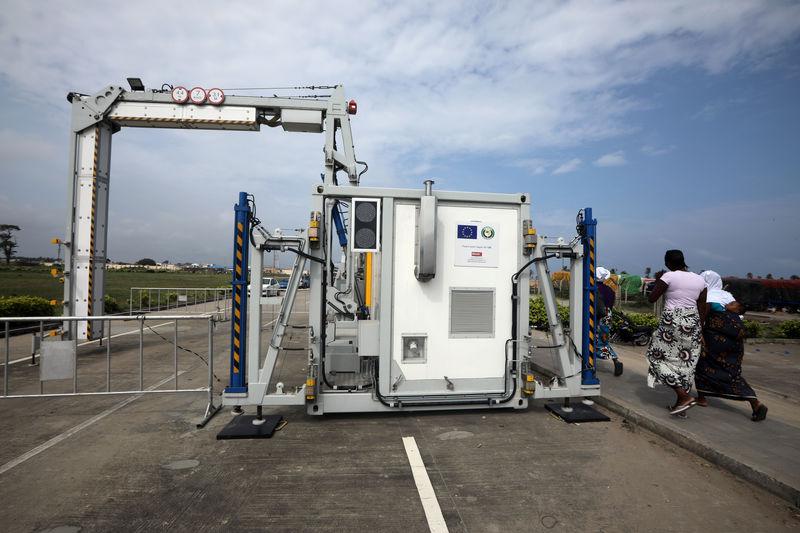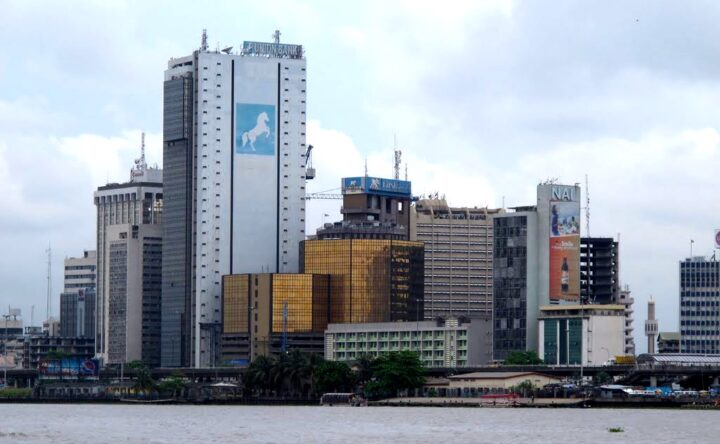BY AHMAD TIJJANI LAWAL
Since the controversial border closure by the Nigerian authorities began in 2016, its full wisdom failed to sink at both home front and outside. Its far-reaching implications revolving around domestic and multifaceted bi and multilateral businesses, have elicited apprehension and misgivings about its eventual impact on Nigerians.
In the first place, the Federal Government itself being the sole creator of the situation, was initially shy to boldly own up the measure, until the time President of one of the neighbouring countries, Benin Republic, Talon, faced his counterpart, President Buhari on the issue, which the former said it contradicted not only Trade agreement between the two countries, but against the ECOWAS terms, and other bilateral trade agreements that Nigeria had gone into.
In just seven weeks, the border closure at a point, over 20 million tonnes of rice meant to be in Nigeria from Thailand, were stuck in Benin, thus blocking that government from the expected revenues from the goods.
Advertisement
Of course, there is excess in the agreed bilateral trade agreements between the two countries, from 3% to 20%, the truth is, as duty payment characterizes the transactions, the gains are mutual, indicating that, the losses are collateral between Benin Republic and the legal businesses which Nigerian business men and women, are involved in.
The development has led to among other disturbing things, some demonstrations, by youths and women in Benin, calling for resignation of their President Talon, for failing to persuade his Nigerian counterpart, to rescind this costly decision, which is causing loss of livelihood and attendant crises. In other words, the border closure is threatening to cause of fall of a demcratic government of a neighboring Country, which may have some domino effect on other ECOWAS countries.
Similarly, perishable goods from Ghana, like frozen chickens, supposed to be delivered in four weeks, were also stuck, thus causing colossal losses, to the tune of millions of naira in one swoop, even as duty had been paid on them, to Nigerian authorities.
Advertisement
It should be noted that, Nigerian authorities have been inconsistent in defining the border closure policy. One time it says, the policy is about checking unbridled influx of smuggled goods, small arms and ammunition, another times it hinges it on curtailing illegal immigrants, boosting local production of food items and manufactured goods.
However, as confirmed, Nigeria was not only impulsive or abrupt in the implementation of the policy, it has overlooked its unpreparedness to risk it now.
While our annual rice consumption is about seven million tonnes, our full capacity domestic production is put at only 3.5 tonnes.
This is logical looking at how our farming system is characterized by use of conservative local implements meant only for subsistence farming, as opposed to mechanized system capable of meeting not only domestic needs, but produces surplus to be our competitive additional foreign earner.
Advertisement
Why creating this impossible situation for Nigerians at home, and as they relate with other nations economically, beats imagination of economists at home and abroad.
It only suggests sign of not grasping the embracing nature of the new world economic order, which accommodates business activities of all nations in accordance with the principle of comparative advantage and trade balance.
The issue of small arms and ammunition, is impliedly a self-indictment that, Nigeria is incapable of ensuring security of the nation without linking it to its economic activities.
The general implication of this harsh economic policy is that, Nigeria may compel neighbouring nations to consider taking retaliatory measures or gang up economic sanctions against it, for being so insensitive, by telling their business communities to shift direction as it has done to China against the US and Europe. Even at home, the business community, may turn against the authorities by closing their shops, thus aggravating unemployment and insecurity amongst the energetic youths.
Advertisement
The good news is that, any administration may be more civilized or liberal in its trade policies to reconcile with such aggrieved countries.
One very important aspect to note is that, our businessmen and markets are not local, rather, they are international, and shall remain so.
Advertisement
Government must find ways to protect our socio-econmic activities and enhance our trade volume rather than limiting our horison and denying us an economic position we occupied hundreds of years before even the amalgamation of present Nigeria.
It seems to me that, the architects of this policy are only looking at one side of the coin.
Advertisement
We should always bear in mind that, it is our duty to patrol our borders effectively and we should not expect others to do it for ourselves. Hence the need for well trained and equipped personnel.
Other sectors of the nation’s economy shouldn’t be neglected. Export, which generates alot of revenue is one major thing that has suffered within this period. Our traders and our trades shall be made to be in accordance with the existing laws but not be allowed to perish because some people failed to do their job.
Advertisement
Views expressed by contributors are strictly personal and not of TheCable.






